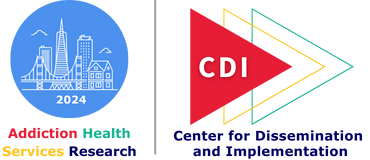Proposals for pre-conference workshops are no longer being accepted. We are reviewing all submitted proposals and will contact applicants with the outcomes of their submissions by May 6, 2024.
Please note the following criteria for the workshops:
- Presenters: Each workshop can accommodate up to 5 presenters, including the moderator. Please note that the moderator counts towards the total number of presenters.
- Duration: Each workshop will be 90 minutes in length.
- Schedule: Workshops will be scheduled on Wednesday, October 16, at either 8:30-10:00 AM or 10:30-12:00 PM.
If you have any questions about the submission process or require further information, please reach out to us via email at [email protected].
